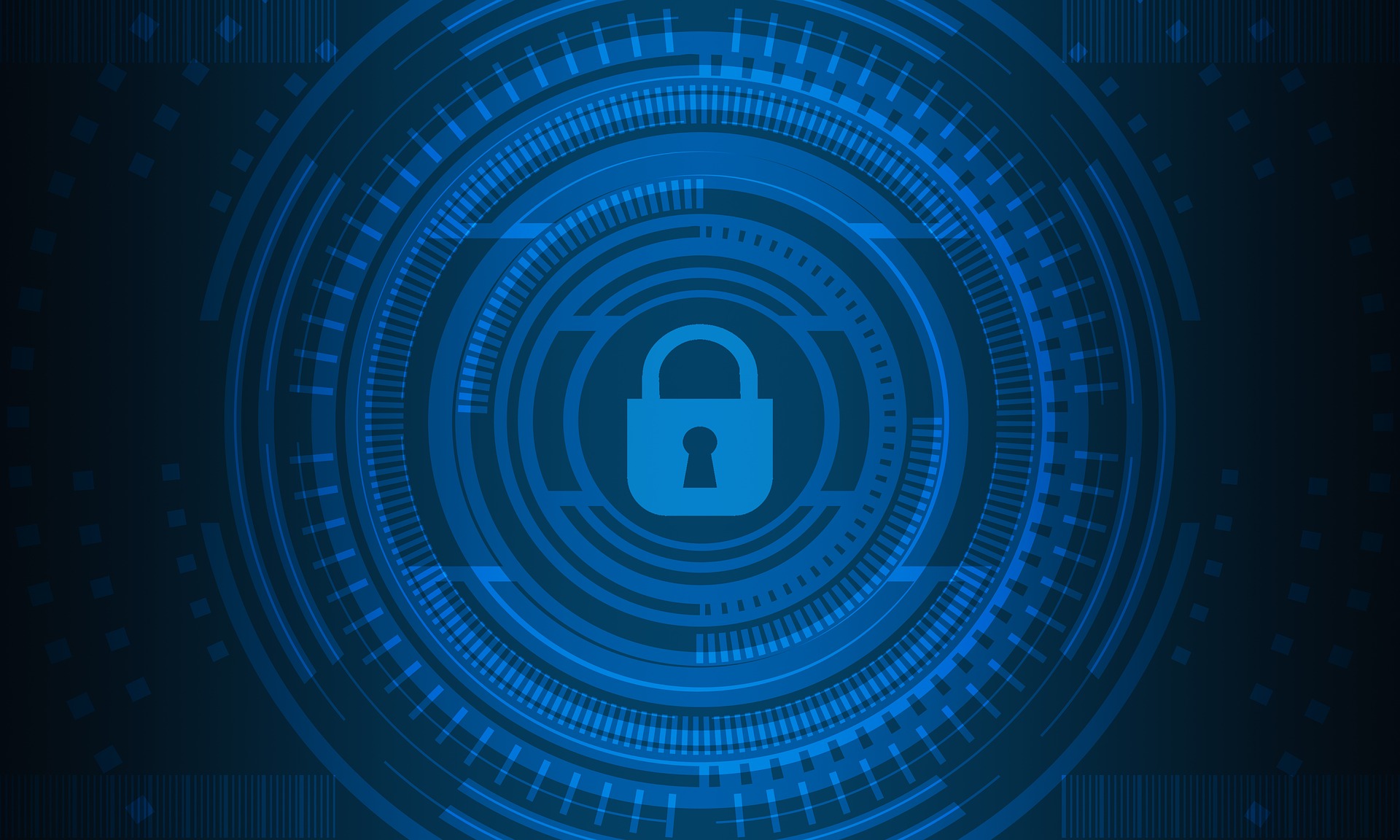The Role of Blockchain in Online Security and Privacy

With the growing dependence on the Internet for communication, shopping, and entertainment, the need for security and privacy has never been greater. Every day, people exchange vast amounts of personal information online, ranging from financial data to sensitive medical information. Unfortunately, hackers and cybercriminals are constantly looking for ways to exploit this information. One technology that has been gaining popularity in recent years for enhancing online security and privacy is blockchain. If you are looking for a safe and secure trading platform for Bitcoin, you can simply visit immediaterevolution.com.
What is Blockchain?
Blockchain is a distributed ledger technology that is essentially a public database of transactions. In a traditional database, there is usually a single entity or authority that controls the data. In contrast, a blockchain is a decentralized database that is maintained by a network of computers that all have a copy of the ledger. Every time a new transaction is added to the blockchain, it is verified by the network and then added to the ledger. This creates a permanent record of the transaction that cannot be altered or deleted.
Enhancing Data Security with Blockchain
One of the most significant benefits of blockchain is that it provides enhanced data security. Because the ledger is decentralized and distributed, there is no single point of failure. This means that even if one computer in the network is compromised, the rest of the network will still be secure. Additionally, every transaction on the blockchain is secured with cryptographic algorithms, making it virtually impossible for anyone to alter or manipulate the data.
In industries that require high levels of data security, such as finance and healthcare, blockchain technology is becoming increasingly popular. For example, financial institutions are using blockchain to secure transactions and protect against fraud. Healthcare providers are also exploring the use of blockchain to secure electronic medical records and ensure patient privacy.
Preserving Privacy with Blockchain
Another key benefit of blockchain is that it can help preserve privacy. With traditional databases, personal information is often stored in a centralized location that can be vulnerable to hacking or data breaches. This can expose sensitive data to unauthorized parties and put individuals at risk of identity theft or other forms of fraud.
By using blockchain, personal information can be stored in a decentralized and secure manner. Every user on the blockchain has their own private key, which is used to verify transactions and access data. This means that personal information is only accessible to the individuals who hold the corresponding private keys, ensuring that it remains private and secure.
Enhancing Authentication with Blockchain
Authentication is another critical aspect of online security. With traditional authentication methods, such as usernames and passwords, there is always the risk of hacking or data breaches. Once a hacker has access to a user's login credentials, they can gain access to all the information associated with that account.
Blockchain technology can enhance authentication by using cryptographic algorithms to verify identities. For example, a blockchain-based identity verification system could use a user's biometric data, such as facial recognition or fingerprints, to confirm their identity. This would make it much more difficult for hackers to gain access to user accounts, as they would need to have physical access to the user's biometric data in order to bypass the system.
Ensuring Transparency with Blockchain
Transparency is another critical aspect of online security. In many cases, users are required to trust that the organizations they are dealing with are acting in their best interests. Unfortunately, this trust is often misplaced, and organizations may engage in unethical or illegal behavior that puts user data at risk.
With blockchain, transparency can be ensured through the use of public ledgers. Because every transaction on the blockchain is recorded in a permanent and public manner, users can verify that their data is being handled appropriately. This can help prevent fraud and other forms of unethical behavior, as organizations will be held accountable for their actions.
Conclusion
In conclusion, blockchain technology has the potential to greatly enhance online security and privacy. With its decentralized and distributed nature, blockchain provides a more secure way of storing and exchanging data, and it also allows for enhanced authentication and privacy. In addition, the transparency provided by blockchain can help ensure that organizations are acting ethically and responsibly.
While blockchain is not a silver bullet solution to all online security and privacy issues, it is a promising technology that can be used in conjunction with other security measures to create a more robust and secure online environment. As more industries and organizations begin to adopt blockchain, we can expect to see significant improvements in online security and privacy.
However, it is important to note that blockchain is not without its limitations and challenges. For example, blockchain is still a relatively new and developing technology, and there are concerns about scalability and energy consumption. In addition, as with any new technology, there is a risk of new vulnerabilities and security threats emerging as blockchain is more widely adopted.
Overall, while blockchain is not a panacea for all online security and privacy issues, it is a powerful tool that can be used to enhance security, privacy, and transparency. As the world becomes increasingly digital and interconnected, it is more important than ever to ensure that our data and information are safe and secure, and blockchain technology is an important step in that direction.
(Disclaimer: Devdiscourse's journalists were not involved in the production of this article. The facts and opinions appearing in the article do not reflect the views of Devdiscourse and Devdiscourse does not claim any responsibility for the same.)










